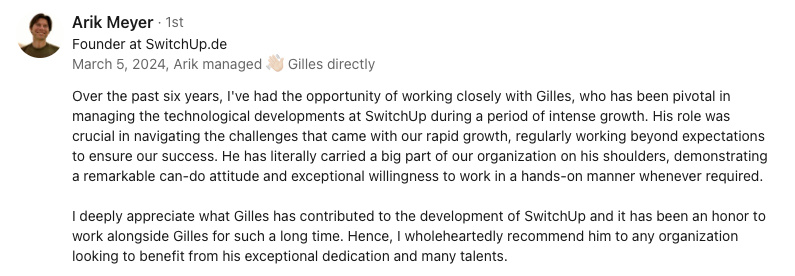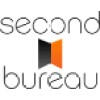Abstract:
The revolution of health monitoring through wearable technology has become a key trend in personal healthcare, offering unprecedented opportunities for both individuals and healthcare professionals. This article explores how smart watches and fitness trackers are becoming integral in our daily lives, not just for tracking steps or calories, but for monitoring vital health metrics like heart rate, sleep patterns, and even oxygen levels. The ability of these devices to collect and analyze data in real time provides insights that were previously inaccessible, enabling early detection of potential health issues and a more personalized approach to health and wellness. The integration of wearable technology in everyday life signifies a shift towards more proactive and preventive healthcare, empowering individuals with the tools they need to make informed decisions about their health.
Smart Wearables Transforming HealthI have observed a fascinating shift in how we approach personal healthcare, thanks in large part to the advent of smart wearable technology. These incredible little gadgets, which many of us wear on our wrists every day, have moved far beyond their initial uses as step counters or calorie burn calculators. Today, they serve as our personal health guardians, monitoring everything from our heart rates and sleep patterns to our oxygen levels. It's a significant leap from the rudimentary pedometers of yesteryears to the sophisticated smartwatches and fitness trackers we now rely on. The ability of these devices to collect, analyze, and provide insights on our health metrics in real time is nothing short of revolutionary. For someone who's been in the technology sector, witnessing this transformation has been akin to watching a science fiction movie come to life—minus the alien invasions, thankfully.
But it's not just the availability of data that's groundbreaking—it's what we can do with it. The continuous stream of health data collected by our wearables offers insights that were once out of reach without medical intervention. This data can signal the early detection of potential health issues, allowing us to act swiftly and consult healthcare professionals before minor issues escalate into major concerns. Moreover, this wealth of information leads to a more personalized approach to health and wellness. Imagine adjusting your diet based on your body's response to different foods, or optimizing your workout routine to maximize health benefits, all informed by data directly from your body. As a Chief Technology Officer, I find the potential for these devices to improve health outcomes immensely exciting. The technology not only democratizes health information, allowing individuals to take control of their wellness journeys, but it also paves the way for innovations in preventive healthcare.
The integration of wearable technology into our daily lives marks a shift towards a more proactive and preventive stance on healthcare. It's empowering individuals with the tools and information necessary to make informed decisions about their health. This shift is significant—it represents a move away from a reactive healthcare model, where action is taken after symptoms present themselves, to a model that emphasizes prevention and early intervention. As we continue to weave these devices into the fabric of our daily lives, their impact on our health and wellness grows. The future of personal healthcare looks brighter, with these smart wearables leading the charge towards a healthier, more informed society. As someone deeply entrenched in the technology and engineering sectors, I'm excited to be part of this journey, contributing to and witnessing firsthand the positive impact these advancements have on our lives. The revolution in healthcare is here, and it's strapped to our wrists—not as a magic bullet, but as a powerful ally in our quest for better health.
You might be interested by these articles:
- Revolutionizing Health with Wearable Tech
- Advancing Health with Wearable Technologies
- GDPR compliance for wearable health tech startups: turning legal challenges into growth opportunities





